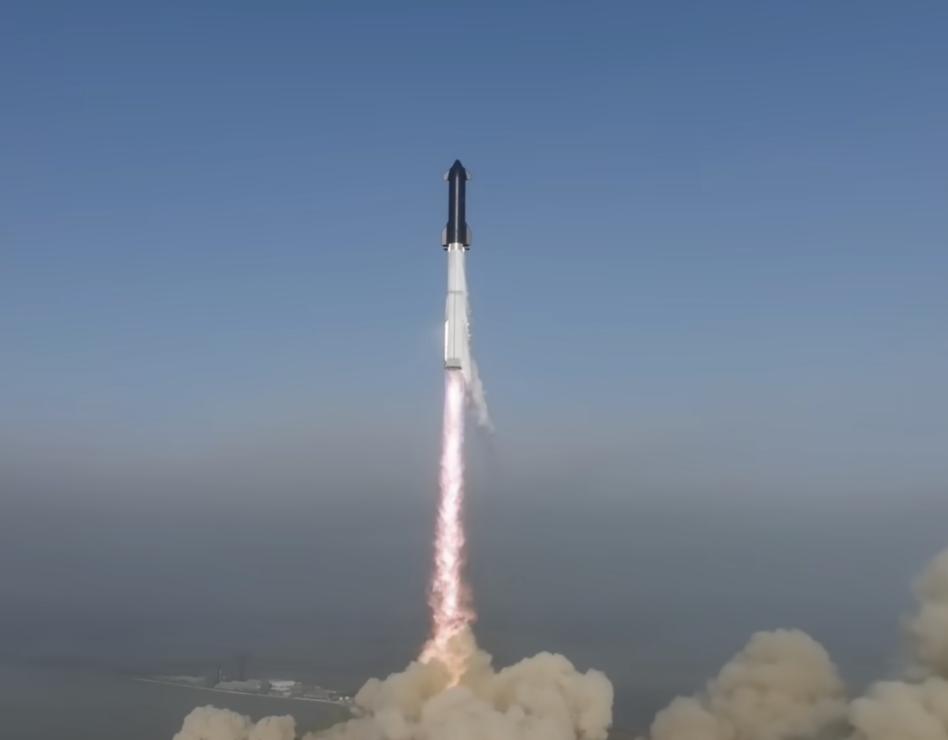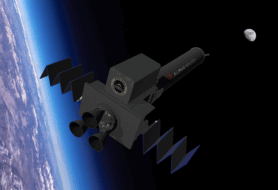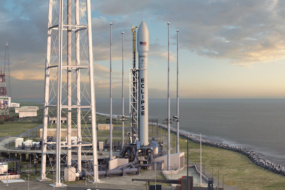SpaceX has filed a final mishap investigation report to the FAA for its April 20 Starship integrated flight test, the FAA told Payload on Tuesday.
Submitting the report is an important regulatory step toward SpaceX launching Starship on its second orbital test flight, a milestone that will require sign-off from the FAA.
“When a final mishap report is approved, it will identify the corrective actions SpaceX must make. Separately, SpaceX must modify its license to incorporate those actions before receiving authorization to launch again,” the FAA said in a statement.
The review of the report, including any decisions on changes SpaceX must make before the next Starship launch, is still ongoing.
A long time coming: SpaceX delayed submitting the final report for months while it implemented significant changes to both the launch vehicle and pad. The most significant modification was the installation of a water deluge system, which is designed to shoot out water from underneath the orbital launch mount (OLM) to diffuse the energy of the Raptor engines and protect the pad’s foundation.
- The water deluge system aims to prevent the scattering of rock and sand particles over miles of surrounding areas—a problem that plagued Starship’s April test flight.
- On Aug. 6, the company successfully tested the system during a Starship Booster static fire. The demonstration turned the fire from the Raptor engines into steam, which appeared to create a cleaner, quieter, and shorter plume.
Another significant to-do for SpaceX was modifying Starship’s flight termination system (FTS), which took 40 seconds after initiation to explode Starship during the test. SpaceX tested its upgraded FTS on a booster at the Massey test facility in Texas, but has not revealed further details.
Going forward: The FAA did not provide a specific timeline for its review process, leaving the timeframe for potential approval up in the air. SpaceX will need the go-ahead from the FAA before it launches again.
Elon Musk said in mid-June that he was targeting Starship’s second orbital launch test in six to eight weeks, which will slip to the right, but since then has been quiet on the timing of another launch.





